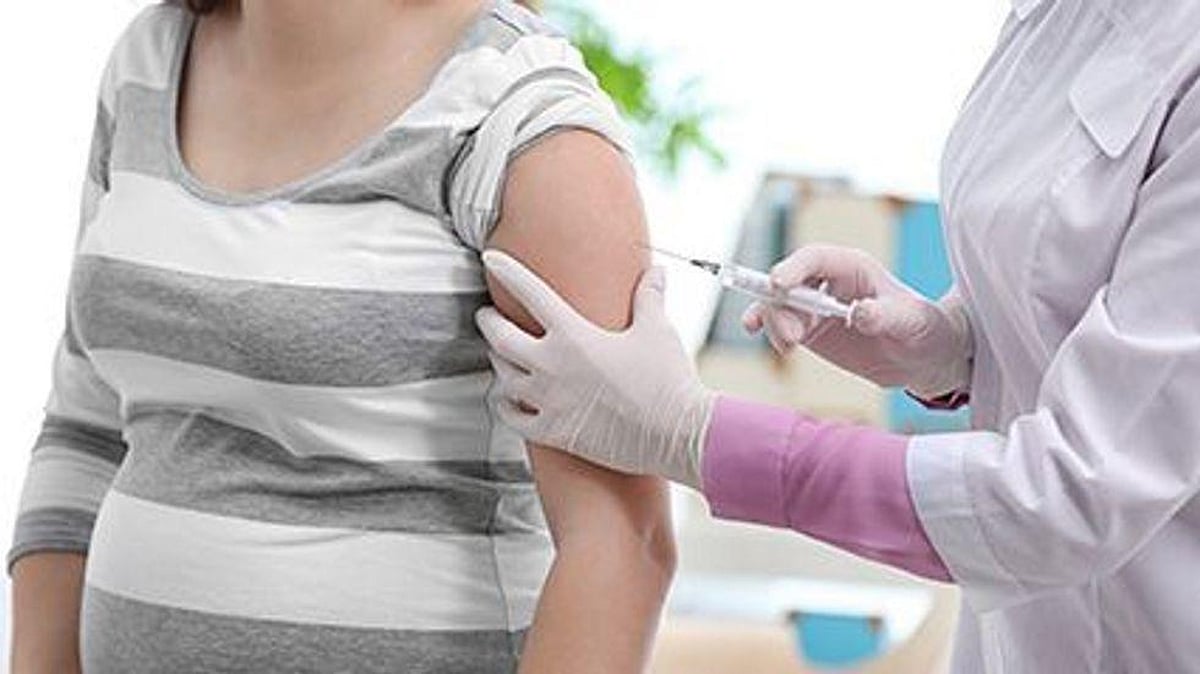Benefits of Maternal Immunization Against Group B Strep Explored

TUESDAY, March 21, 2023 (HealthDay News) -- Maternal immunization against group B Streptococcus (GBS) could have a large impact on infant morbidity and mortality and is likely to be cost-effective, according to a study published online March 14 in PLOS Medicine.
Simon R. Procter, D.Phil., from the London School of Hygiene & Tropical Medicine, and colleagues examined the health impact and value of GBS maternal vaccination in an annual cohort of 140 million pregnant women across 183 countries in 2020. Vaccine efficacy was assumed as 80 percent against invasive GBS (iGBS) and stillbirth, and one dose of vaccine was assumed to cost $50, $15, and $3.50 in high-, upper middle-, and low-/lower-middle-income countries, respectively.
The researchers found that 127,000 and 87,300 early- and late-onset iGBS cases, 31,100 deaths, 17,900 cases of moderate and severe neurodevelopmental impairment, and 23,000 stillbirths could be averted by vaccinating pregnant women. In addition, 185,000 preterm births might be averted by a vaccine effective against GBS-associated prematurity. Globally, the cost of a one-dose vaccine program could be $1.7 billion, but would save $385 million in health care costs. The estimated net monetary benefit would range from $1.1 to $17 billion under the least and most favorable normative assumptions.
"Our findings suggest maternal vaccination against GBS could be cost-effective in most countries, and we hope this will encourage the further investment needed to bring GBS vaccines to market," Procter said in a statement.
Related Posts
Una mayor cantidad de aceite de oliva podría brindar una vida más larga, según un estudio
MARTES, 11 de enero de 2022 (HealthDay News) -- Cambiar la mantequilla u otras...
EE. UU. ha compartido 200 millones de dosis de la vacuna con otros países
JUEVES, 21 de octubre de 2021 (HealthDay News) -- Estados Unidos ya ha donado...
Health Highlights: Jan. 6, 2022
Doubts emerge on accuracy of some at-home COVID tests. Preliminary research is...
Moderna Says Its Booster Protects Well Against Omicron
MONDAY, Dec. 20, 2021 (HealthDay News) -- Moderna Inc. announced Monday that its...
